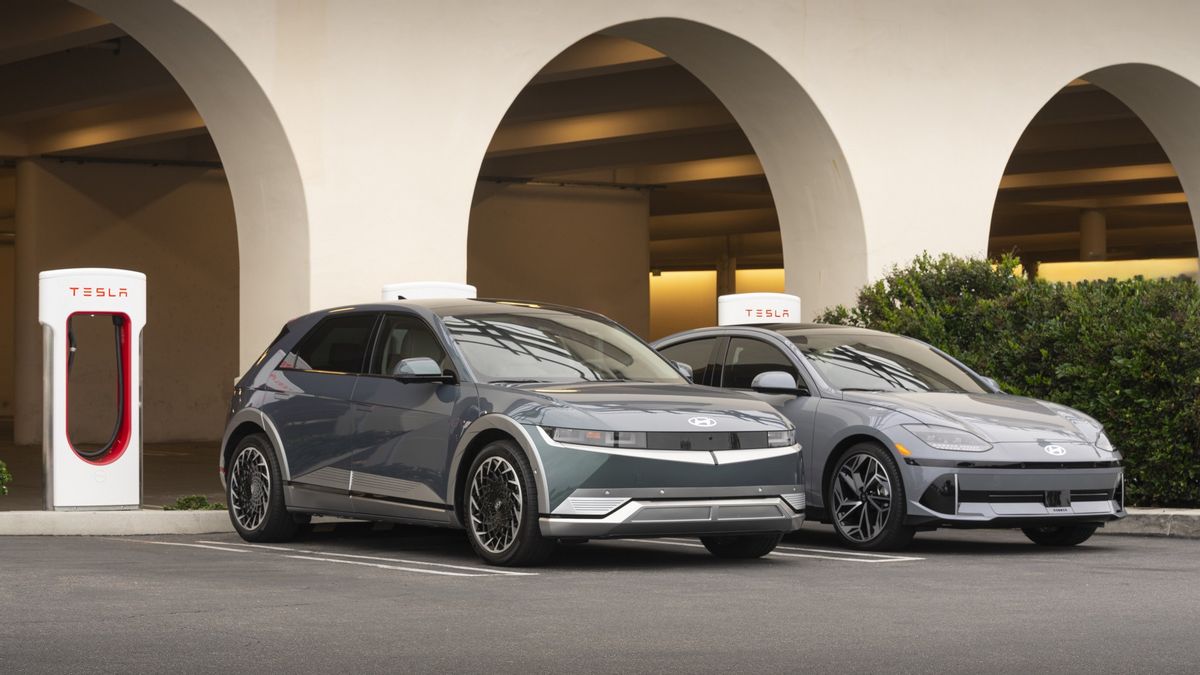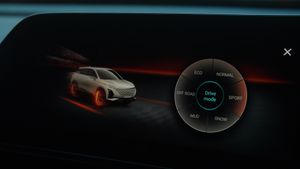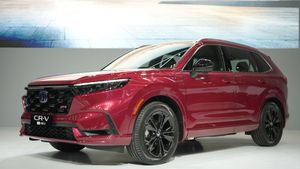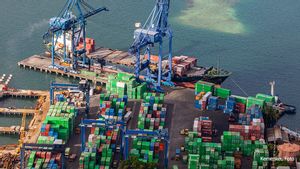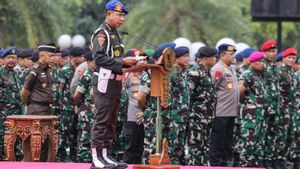Hyundai has officially announced the use of North American Charging Standard (NACS) charging standards for its electric car models in Canada and the United States (US).
This announcement allows Hyundai electric cars to connect to more than 12,000 Tesla Supercharger charging stations spread across the US, Canada, and Mexico. Access to NACS will be available for Hyundai vehicles by the end of 2024 in the US and early 2025 in Canada.
"This new alliance will give Hyundai electric car owners confidence in their ability to charge comfortably and complement the efforts of our joint venture to create a new high-power charging network with at least 30,000 stations across North America," said Jose Munoz, President and CEO of Hyundai Motor North America, in an official statement on Thursday, October 5.
As a result, the Tesla NACS charging system will be compatible with a number of Hyundai models that use the Electric-Global Modular Platform (E-GMP) platform, including the Ioniq 5, Ioniq 6, and several other upcoming models.
For existing Hyundai electric car owners, they will be able to access Supercharging starting in early 2025 via an adapter that can be connected to the CCS NACS port.
This move is part of Tesla's collaboration to open access to their Supercharger network to other brands with the aim of encouraging more consumers to switch to electric vehicles.
SEE ALSO:
Hyundai joins a list of manufacturers who have access to Tesla charging, joining Honda, Volvo, Mercedes-Benz, Nissan, Ford, GM, Rivian, Jaguar, and Fisker.
In addition to cooperation with Tesla, Hyundai has also entered into partnerships with several other automotive brands to build electric car charging infrastructure in North America. Some of the manufacturers involved in this partnership include Kia, BMW, GM, Honda, Mercedes-Benz, and Stellantis.
Through this partnership, the seven automotive manufacturers are determined to build an electric car charging network that is easily accessible, convenient, and reliable, with the aim of creating 30,000 charging stations to meet the needs of millions of electric vehicle users.
The English, Chinese, Japanese, Arabic, and French versions are automatically generated by the AI. So there may still be inaccuracies in translating, please always see Indonesian as our main language. (system supported by DigitalSiber.id)
